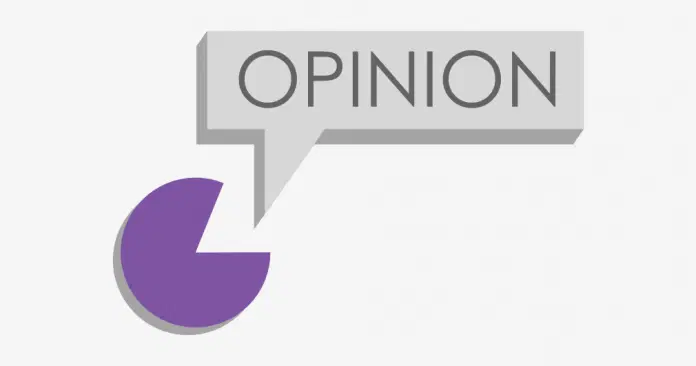2 mn read
Your analysis of economic policies and their impact on poverty alleviation is thought-provoking and highlights critical insights. Here’s a structured summary and reflection on your points:
- Historical Context of Economic Growth: You reference the experiences of over 35 countries that transitioned from low to high income over the past 50 years. Notably, the idea of “impoverished into prosperity” is dismissed as unfeasible. Sir Winston Churchill’s quote serves as a powerful reminder that relying solely on taxation for economic improvement is ineffective.
- Successful Economic Models: Citing Frank Holmes, you emphasize that countries like China prospered by eliminating taxes and creating special economic zones (SEZs), which attracted foreign investment and stimulated economic growth. Examples from the UAE, Qatar, South Korea, Chile, and Vietnam support the notion that strategic economic reforms, rather than excessive taxation, have propelled these nations to success.
- Need for Reforms in Nigeria: You call for the Nigerian government to focus on cutting expenditures, addressing hidden costs, and reallocating saved funds to vital sectors like health, transport, education, and welfare. The analogy of Argentina under President Javier Milei illustrates a proactive approach to fiscal management that contrasts sharply with Nigeria’s current trajectory. Milei’s initial reforms, although painful, yielded positive fiscal results and reduced inflation.
- Contrast with Current Nigerian Policies: You express concern that the Nigerian government’s approach may lead to mass impoverishment instead of the desired prosperity. The Yoruba saying about a cure for headache emphasizes the disconnect between proposed solutions and their actual impact on citizens. The notion that the government’s savings could be used for better purposes—like enhancing citizens’ lives instead of merely preparing for funerals—underscores a critical moral and economic dilemma.
Reflections:
- Economic Policies as Tools for Empowerment: The role of economic policies should be to empower citizens, not to entrench their struggles. The importance of redistributing resources towards areas that can enhance the quality of life for the populace cannot be overstated.
- The Importance of Leadership and Vision: Effective leadership, like that seen in some of the mentioned countries, is crucial for implementing changes that resonate with the public’s needs. Leaders must have a clear vision that prioritizes the welfare of citizens and promotes sustainable growth.
- A Call for Accountability: Your argument implicitly calls for accountability in government spending. It is vital for citizens to understand how their resources are utilized and to demand transparency and responsible governance.
Conclusion: The path to prosperity for nations, especially those like Nigeria facing economic challenges, lies in thoughtful, strategic reforms that genuinely prioritize the well-being of the populace. It is crucial to learn from successful models worldwide and adapt those lessons to local contexts, ensuring that economic policies uplift rather than hinder the journey towards a more prosperous future.

